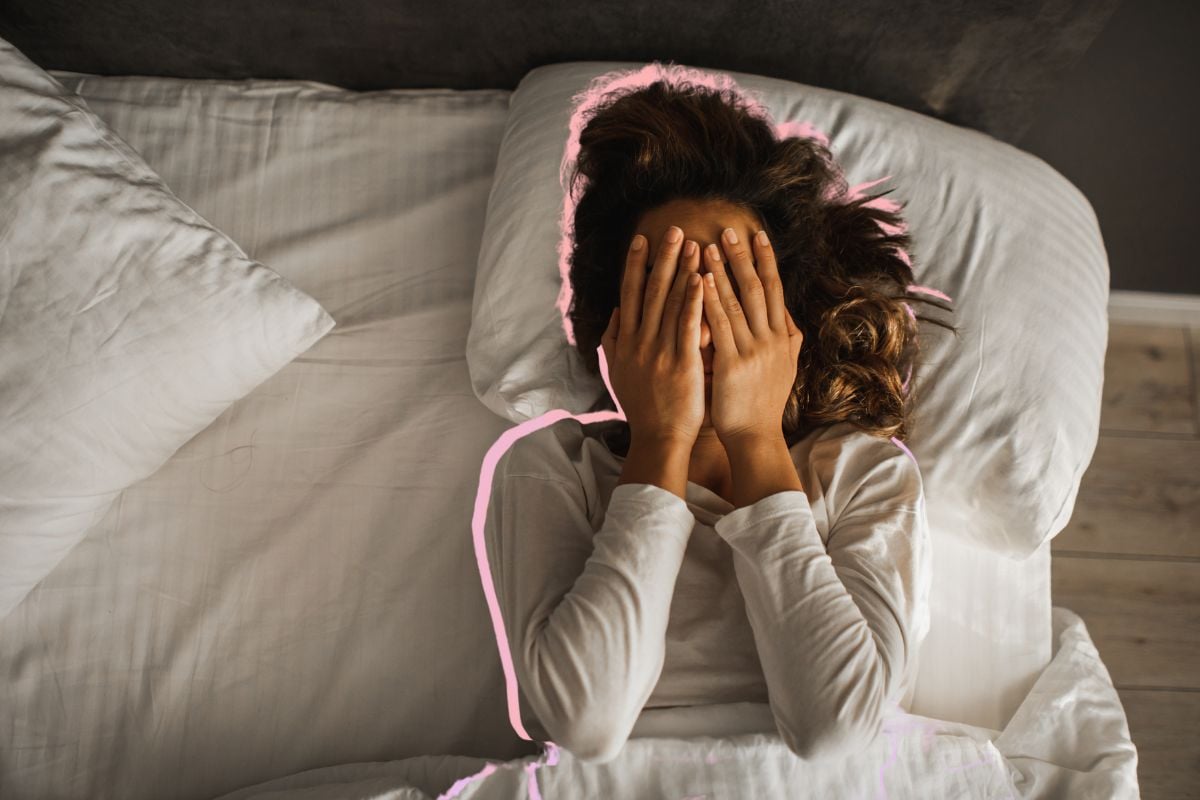
Sleep. We all need it. But when it comes to sleep needs, men and women are biologically wired to require different amounts of sleep.
We’re often told that we need seven to nine hours of sleep each night. While that’s true, time isn’t the only factor that informs quality sleep.
"In fact, studies by Duke University in Durham North Carolina have concluded that, from puberty onwards, women need, on average, 20 minutes more sleep than men," says sleep expert, Dr Carmel Harrington.
Watch: Here are 8 ways to improve your skin while sleeping. Post continues after video.
Why? Let’s go under the covers of why women need more rest than men and how to unlock Premium Sleep at every stage of your cycle.
Why do women need more sleep?
Women are more likely to experience sleep problems, like insomnia and excessive sleeplessness. According to the National Sleep Foundation, roughly 15 per cent of women report some kind of sleep challenge, compared to only 8 per cent of men.
"Many of the sleep challenges women experience have to do with women’s life cycle. Research shows that there’s no gender difference in sleep until puberty begins," Dr Harrington explains.
"That’s when we begin to see fluctuations in sleep quality at different points of the month — paving a path for sleep cycles in a constant stage of flux."
The relationship between menstruation and sleep.
Hormones can play a huge part in women-specific sleep disruptors. For example, in the last two weeks of a woman’s monthly cycle, progesterone levels rise and so too does the need for extra shut-eye.

